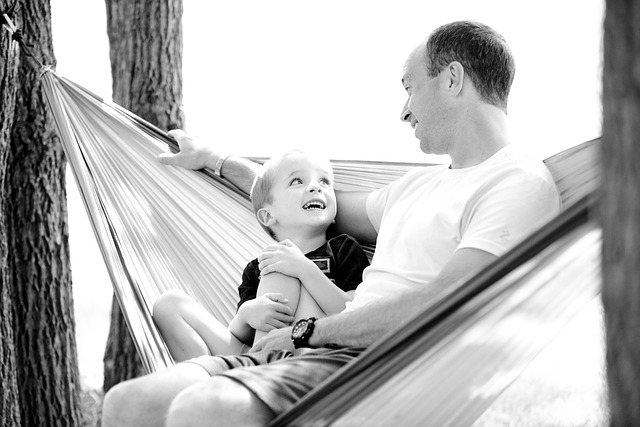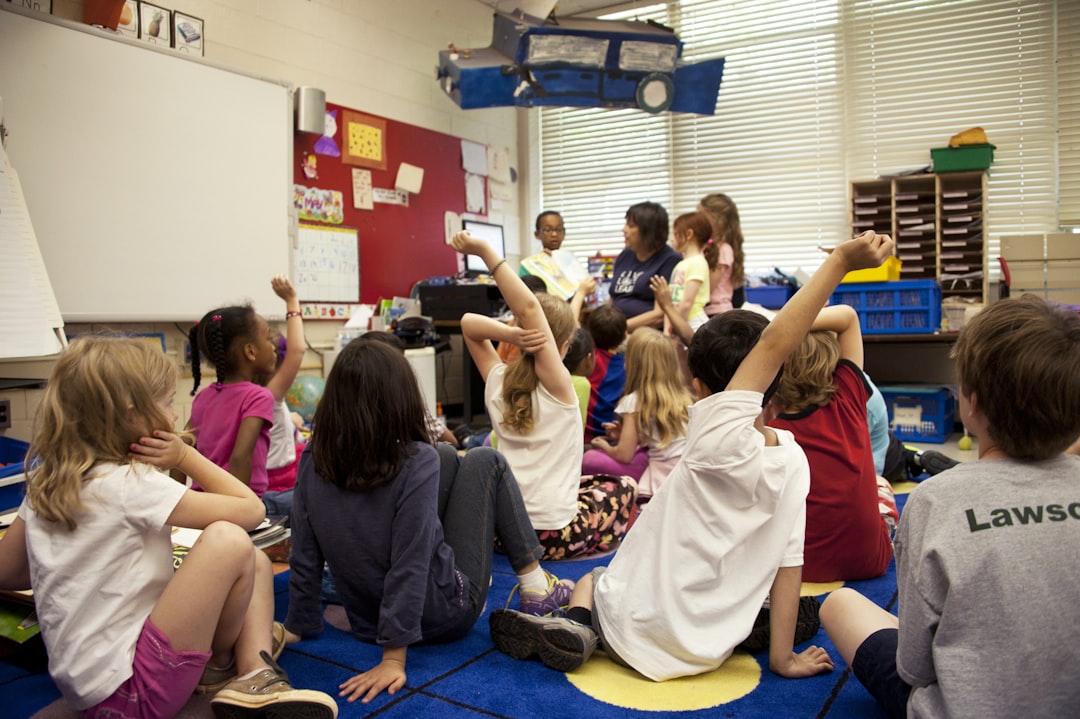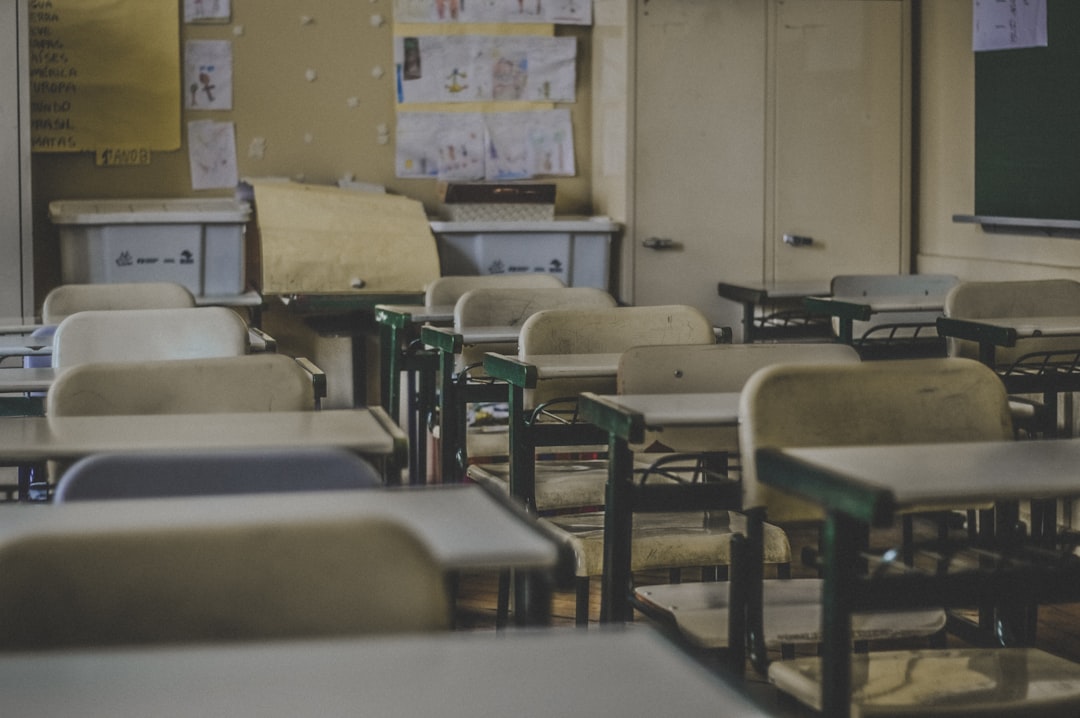Pittsburgh PA school abuse attorneys fight against "Pass the Trash" discipline, where students face health risks and mental harm by carrying garbage as punishment. They advocate for positive reinforcement and policy reforms to create a safe, supportive learning environment free from abusive practices. Loopholes enabling unsanitary waste collection under community service masks harmful disciplinary measures, highlighting the need for legal intervention.
In Pittsburgh, Pennsylvania, a growing movement is challenging a pervasive yet harmful practice in education known as “Pass the Trash.” This phenomenon involves unfairly assigning disciplinary tasks, such as cleaning up litter, to students, often from marginalized backgrounds. Led by passionate school abuse attorneys in Pittsburgh PA, local PAs are advocating for educational justice and highlighting the detrimental effects on students’ mental health. By exposing these practices and pushing for policy reforms, they strive to create a safer, more equitable learning environment.
Pass the Trash: Uncovering the Harmful Practice

In many schools across Pittsburgh, PA, a concerning practice known as “Pass the Trash” has been observed, where students are made to physically carry or pass around garbage or contaminated items as a form of punishment or discipline. This harmful tradition not only promotes an unhealthy environment but also raises significant concerns among school abuse attorneys and advocates for student well-being. It can lead to the spread of diseases and create an unsafe learning atmosphere.
“Pass the Trash” is an outdated and abusive approach to discipline that has no place in modern education. School abuse attorneys in Pittsburgh highlight its potential to cause physical harm, mental distress, and social humiliation. Students, especially those from vulnerable backgrounds, may suffer from anxiety, embarrassment, or even develop a fear of going to school, knowing they could be subjected to such practices. It’s essential to recognize and eradicate these abusive behaviors to foster a positive and supportive educational environment.
Pittsburgh PAs: Fighting for Educational Justice

In Pittsburgh, Pennsylvania, a dedicated group of professionals is fighting against an insidious practice known as “Pass the Trash.” This phenomenon occurs when schools, in an attempt to manage disciplinary issues or avoid confrontation, simply transfer problematic students from one classroom to another, rather than addressing the underlying causes. This not only perpetuates a cycle of disengagement and disruption but also fails to provide these students with the support they need to succeed. Pittsburgh PAs, including school abuse attorneys, are at the forefront of this movement to challenge such practices and advocate for educational justice.
They work tirelessly to ensure that every student receives a fair and equitable education, free from abuse or neglect. These advocates believe that by holding schools and educators accountable, they can create a more inclusive and supportive learning environment. Through legal representation, community outreach, and policy advocacy, Pittsburgh PAs are making strides in reshaping the educational landscape, one student at a time, towards a future where every child has the opportunity to thrive.
Legal Loopholes and School Abuse

In the battle against “Pass the Trash” in education, legal loopholes often play a sinister role, providing cover for what amounts to school abuse. Despite efforts to regulate and ban this practice, some institutions exploit vague regulations and undefined terms in student conduct codes, allowing them to sidestep accountability for passing off disciplinary actions as environmental initiatives. Pittsburgh PA school abuse attorneys have seen cases where students are unfairly forced to collect trash from unsafe or unsanitary areas, exposing them to potential harm under the guise of community service.
These legal loopholes can be particularly damaging in cities like Pittsburgh, where older schools might lack modern facilities and safety protocols. School abuse attorneys argue that such practices not only endanger students’ health but also undermine their education by distracting from learning and perpetuating a culture of fear and coercion. Parents and advocates are urged to stay vigilant, report suspected instances of school abuse, and collaborate with legal experts specializing in educational law to ensure that every student’s right to a safe and supportive learning environment is protected.
The Impact on Students' Mental Health

The “Pass the Trash” practice, where students are made to carry or deliver trash or other unpleasant tasks as a form of punishment, can have severe repercussions on their mental health. This abusive behavior in schools, often implemented by teachers or administrators, can cause significant emotional distress, leading to increased anxiety, depression, and even trauma among students. School abuse attorneys in Pittsburgh, PA, have been vocal about the need to end such practices, highlighting that they create an unsafe learning environment.
Students subjected to this form of discipline may feel devalued and humiliated, impacting their self-esteem and overall well-being. The constant exposure to these humiliating tasks can foster a sense of powerlessness and contribute to long-term mental health issues. Pittsburgh PA school abuse attorneys argue that education should focus on positive reinforcement and constructive disciplinary methods, ensuring students’ dignity and fostering a healthy psychological environment.
Reforming Policies: A Step Towards Change

Reforming education policies is a pivotal step in combating the harmful practice of “Pass the Trash.” This insidious trend, where students are made to carry and pass around litter or trash as punishment, has been a source of concern for many parents and advocates in Pittsburgh, PA. School abuse attorneys have long advocated for stricter regulations and guidelines that prioritize student well-being over such outdated disciplinary methods.
By implementing policy reforms, schools can ensure a safer and more positive learning environment. This includes banning the “Pass the Trash” practice and adopting alternative discipline strategies that promote responsibility without resorting to humiliation or abuse. Such changes not only protect students from potential harm but also teach them valuable lessons in environmental consciousness and respect for others.





